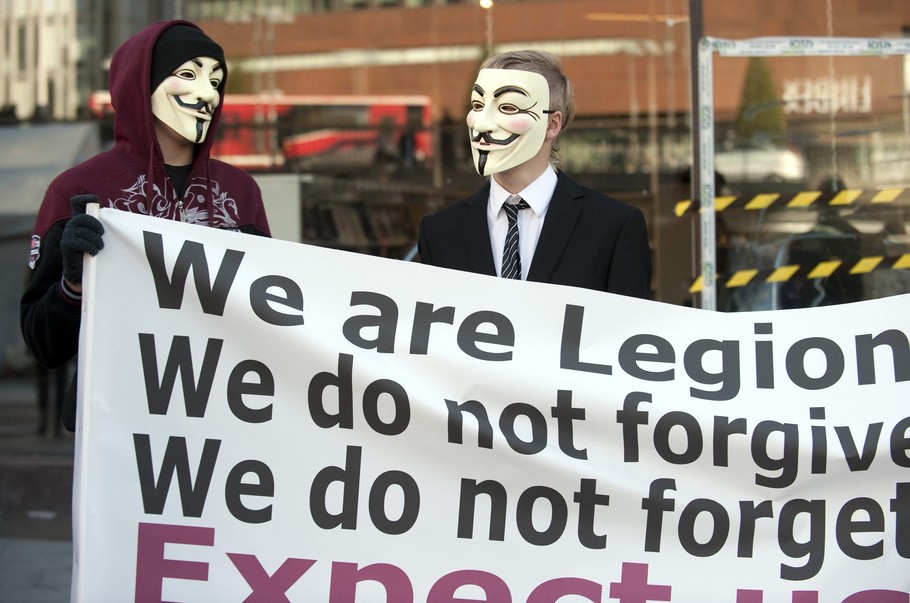In today’s world, where identity often depends on paperwork, the phrase People Over Papers Anonymous stands as a powerful statement. It’s not just a slogan; it’s a humanitarian movement built to defend human dignity over documentation. This initiative empowers communities to protect one another through anonymous reporting of immigration enforcement activity.
The goal of people over papers anonymous is simple yet profound — to ensure that no one is left vulnerable just because they lack legal documents. By combining technology, community effort, and compassion, it helps those who are often overlooked by the system.
What Is People Over Papers Anonymous?
People Over Papers Anonymous is an online community and mapping platform that allows users to anonymously report sightings of U.S. Immigration and Customs Enforcement (ICE) activity. Once these reports are submitted, they’re verified by volunteers and displayed on a live map so people in affected areas can take precautions.
This platform operates entirely on trust and mutual care. It was created for those living in fear of deportation or separation from their families. The goal is to make safety information accessible, fast, and anonymous.
The phrase itself, “people over papers,” symbolizes a belief that human lives and stories are far more valuable than bureaucratic records or immigration documents.
Why the Word “Anonymous” Matters
Anonymity is central to this initiative. Many people fear sharing information about enforcement activity because it could expose their identity. People over papers anonymous removes that risk.
By submitting tips anonymously, users can help their community without putting themselves in danger. This design creates a protective digital wall around the contributors, ensuring they can share vital information freely and securely.
How People Over Papers Anonymous Works
The process is simple but effective. It runs on three key steps:
- Submission – Anyone can submit a report about potential ICE activity. It might include a photo, video, or written description.
- Verification – Volunteers review each report carefully, checking for accuracy, metadata, and duplicate information.
- Mapping – Once verified, the report appears as a pin on a live digital map, visible to the public.
Through this method, the people over papers anonymous system turns community awareness into real-time safety. Individuals can see where ICE operations may be occurring and avoid those areas.
Why This Movement Is Important
People Over Papers Anonymous was created in response to a major problem — the lack of timely information about immigration enforcement. Traditional media rarely covers local raids or checkpoints in real time. By the time news spreads, it’s often too late.
This platform bridges that gap. It gives people instant awareness, helping them plan their routes, stay home when necessary, and alert loved ones.
Most importantly, it strengthens the idea that communities can protect themselves without waiting for official permission or government support.
Building Trust in Fearful Times
Living without legal papers can create a constant sense of fear. Families worry about being separated, jobs being lost, or deportation at any moment. People over papers anonymous helps rebuild trust by showing that help can come from within the community itself.
Each submission is an act of solidarity. Every report means someone cared enough to warn others. Over time, this has built an unspoken bond between people who may never meet but still protect each other.
The Technology Behind the Platform
The system uses digital mapping and open-source tools to create a secure, easy-to-use interface. Reports appear as colored pins on a map — each representing a verified sighting. Users can click on pins to read details or view attached images.
To maintain privacy, no personal data is collected. The platform doesn’t ask for names, emails, or IDs. This ensures true anonymity while still allowing for effective community reporting.
The bilingual interface (English and Spanish) also makes it inclusive for diverse users. Anyone with a smartphone and internet access can participate.
The Mission Behind the Movement
At its heart, people over papers anonymous is about prioritizing humanity. It challenges the idea that documents determine a person’s value. Whether someone has legal papers or not, they deserve respect, safety, and compassion.
The project was founded by digital activists who wanted to give communities control over their own safety. Instead of relying on slow or unreliable systems, they created a people-powered network.
The result? A powerful combination of empathy and technology — one that turns ordinary citizens into protectors.
Real-World Impact
Since its creation, people over papers anonymous has already had major real-world effects. Reports show that the platform has received millions of visits in a single weekend. Families have avoided ICE raids thanks to timely alerts from anonymous users.
In cities like Los Angeles and Houston, local immigrant-rights organizations now use the map daily to prepare rapid response teams. It has saved people from unexpected detentions and helped communities stay one step ahead.
Each alert may seem small, but together, they form a network of safety that stretches across states.
Challenges Faced by the Platform
Despite its success, the system faces serious challenges. Because it depends on volunteer moderation, maintaining accuracy is difficult. False or unverified reports can cause unnecessary fear.
Moreover, the huge number of submissions can overwhelm volunteers. Some days, thousands of new entries arrive, each needing review.
Legal concerns also exist. While the platform doesn’t break laws, publishing details about law enforcement activity requires care. The team constantly works to protect both users and the integrity of the project.
Another challenge is the digital divide. Many vulnerable people still lack reliable internet or smartphones, limiting their access to this vital tool.

The Human Side of Technology
Unlike many digital tools built for profit, people over papers anonymous was designed purely for protection. It transforms technology into a form of care.
It’s a reminder that apps and data don’t have to serve corporations or governments — they can serve humanity. In this case, technology becomes a shield, helping people look out for one another.
That’s what makes the movement special. It’s tech built by people, for people, without demanding anything in return.
Symbolism of “People Over Papers”
The phrase “people over papers” has deep symbolic meaning. It challenges society’s habit of valuing documents more than human lives. For immigrants, refugees, and stateless individuals, paperwork can often decide their fate.
This movement flips that narrative. It says: a person’s worth isn’t defined by their papers, but by their existence. It’s about empathy, unity, and moral responsibility.
By placing people above paperwork, the initiative redefines what it means to care in a bureaucratic world.
Expanding Beyond Borders
Although people over papers anonymous began in the United States, its impact is now inspiring others globally. Activists in Europe, Latin America, and Asia are exploring similar systems for refugees and displaced people.
The core message is universal — wherever people are marginalized by systems, communities can use technology to support one another.
If this model continues to spread, it could shape a future where humanitarian response is decentralized, anonymous, and people-powered.
Looking Ahead: The Future of the Movement
The founders of people over papers anonymous are working to expand and strengthen their platform. Future goals include stronger verification systems, improved data security, and mobile app versions for easier access.
Collaborations with nonprofits and legal networks are also in progress. These partnerships will help the system become even more accurate and sustainable over time.
As more people join, the project continues to evolve — proving that collective effort can outperform bureaucracy when the goal is human safety.
Why People Over Papers Anonymous Deserves Recognition
This movement deserves global recognition for one simple reason — it restores humanity to people who are often forgotten. It’s not about politics or borders; it’s about compassion and awareness.
By spreading the word and supporting this initiative, individuals contribute to a safer, kinder world where people protect each other — regardless of paperwork.
The philosophy of people over papers anonymous can inspire future humanitarian projects worldwide, promoting solidarity through technology.
Conclusion
People Over Papers Anonymous represents the best of what communities can achieve when compassion meets innovation. It’s a movement built on courage, trust, and collective care.
In a world obsessed with documents and status, it reminds us that people always come first. This project has already saved lives and continues to inspire new ways of standing together against fear and injustice.
By choosing people over papers, we choose empathy over bureaucracy, and humanity over systems. That simple belief is what makes this initiative so powerful — and so necessary today.
FAQs
1. What is People Over Papers Anonymous?
It’s a community project that allows people to anonymously report immigration enforcement activity to protect vulnerable individuals.
2. How does it work?
Users submit reports anonymously, volunteers verify them, and verified alerts appear on a public map.
3. Is it safe to use?
Yes, the system hides user identities and collects no personal information.
4. Who runs the project?
It was created by digital activists and supported by volunteers committed to immigrant safety.
5. Why is it called “People Over Papers”?
Because it values human life and dignity more than legal documents or bureaucratic systems.
Read Also : People Over Papers: A Human-Centered Revolution in the Modern World

